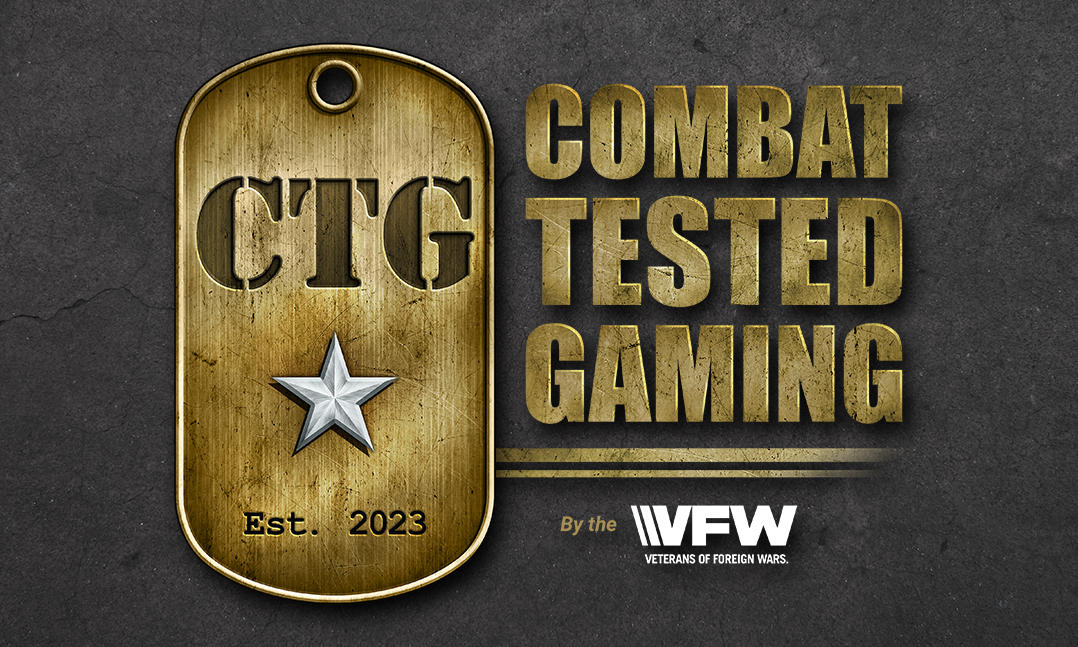It’s no secret that job scams are on the rise, but did you know that Veterans are often the top targets of job scams? Although job scams are widespread, Veterans often report more significant financial losses. Why is that?
Veterans are often targeted because they have access to benefits and resources.
Business and job opportunity scams were among the Top 10 frauds reported to the Federal Trade Commission in 2022.
According to a recent Better Business Bureau report, job scams ranked as the second-riskiest scam in 2022.
Common job scams
Job scams may include business or job opportunities, such as offers to start new businesses or opportunities to work-from-home. Some examples of work-from-home job scams include reshipping scams and reselling merchandise scams. Additionally, scammers may post fake job ads for nannies, caregivers and virtual assistants on job sites. You should also be on the lookout for mystery shopping job scams, job placement service scams, and government and postal job scams.
Scammers may pose as “recruiters” on LinkedIn, Indeed and other job sites. They might send you to a fake website to “apply” for jobs or schedule phony virtual interviews. However, they’re not looking to hire you but to take your money and personal information instead. Scammers use many tactics, so how do you tell a scam from the real thing?
How to avoid a job scam
The FTC recommends you take the following steps to protect yourself from job scams.
- Search online. Look up the name of the company or the person who’s hiring you, plus the words “scam,” “review” or “complaint.” You might find out they’ve scammed others.
- Not sure if a job offer is legit? Contact the company using a phone number or website you know is legitimate—not the one you got from the “recruiter.”
- Verify if the recruiter is legit. Check to make sure the recruiter that calls you is who they say they are by doing an online search or calling the company directly. Recruiters will generally email from their company (@companyname.com), not personal email like @gmail.com or @yahoo.com. Keep an eye out for similar company names with extra characters or spelling errors.
- Talk to someone you trust. Describe the offer to them. What do they think? This also gives you time to think about the offer.
- Ask questions about the job description. Scammers post vague language about the prospective job. Be sure to read the fine print.
- Do not provide personal information during an interview. Before giving you any details about the job, they’ll ask for your driver’s license, Social Security, branch of military service or bank account number to fill out “employment paperwork.” But if you share it, they might steal your identity.
- Do not pay for the promise of a job. Scammers may promise you a job—if you pay them. But no legitimate job will make you pay for training, equipment or anything else to get the job. Anyone who does is a scammer.
- Do not trust a “cleared” check. No legitimate potential employer will ever send you a check and then tell you to send money back to your new boss in the form of money or gift cards. That’s a fake check scam. The check will bounce and the bank will want you to repay the amount of the fake check.
Report job scams to the FTC
Remember, if it sounds too good to be true, it probably is. But the FTC has resources to help you spot job scams. If you see a job scam or lose money to one, report it to the FTC at ReportFraud.ftc.gov.
How to find a job
Employment is an important issue for Veterans. Helping Veterans find and obtain employment, as well as advance in their civilian careers, is a high priority. VA is here to help and has employment resources available for Veterans. Visit https://www.va.gov/careers-employment/ for more information.
You can also find free, official information about federal jobs at USAJOBS.gov, FedsHiresVets.gov, and CareerOneStop.org. Your State’s Department of Labor may have job listings, contacts for local job offices, and resources for counseling and referrals.
Topics in this story
Link Disclaimer
This page includes links to other websites outside our control and jurisdiction. VA is not responsible for the privacy practices or the content of non-VA Web sites. We encourage you to review the privacy policy or terms and conditions of those sites to fully understand what information is collected and how it is used.
More Stories
VFW’s Combat Tested Gaming tournaments bring together Veterans, active duty personnel and the gaming world.
Blue Star Families' Blue Star Support Circles is a free program designed for anyone who wants to understand suicide and stress due to combat, military life, and Veteran challenges.
Make a pledge to volunteer during VetServe 2025 and the national day of service on April 23.






SCAMERICA,
Veterans are indeed target of many schemes too numerous to list. Many are disguised as financial support, job training and worst of all, scammers that claim to collect money to help Veterans
such as “Wounded Warrior”.
Give them wide berth. Our needs can be best met through the Veterans Administration and allied organizations.
Remember the old adage: “If it is too good to be true, it probably is”.